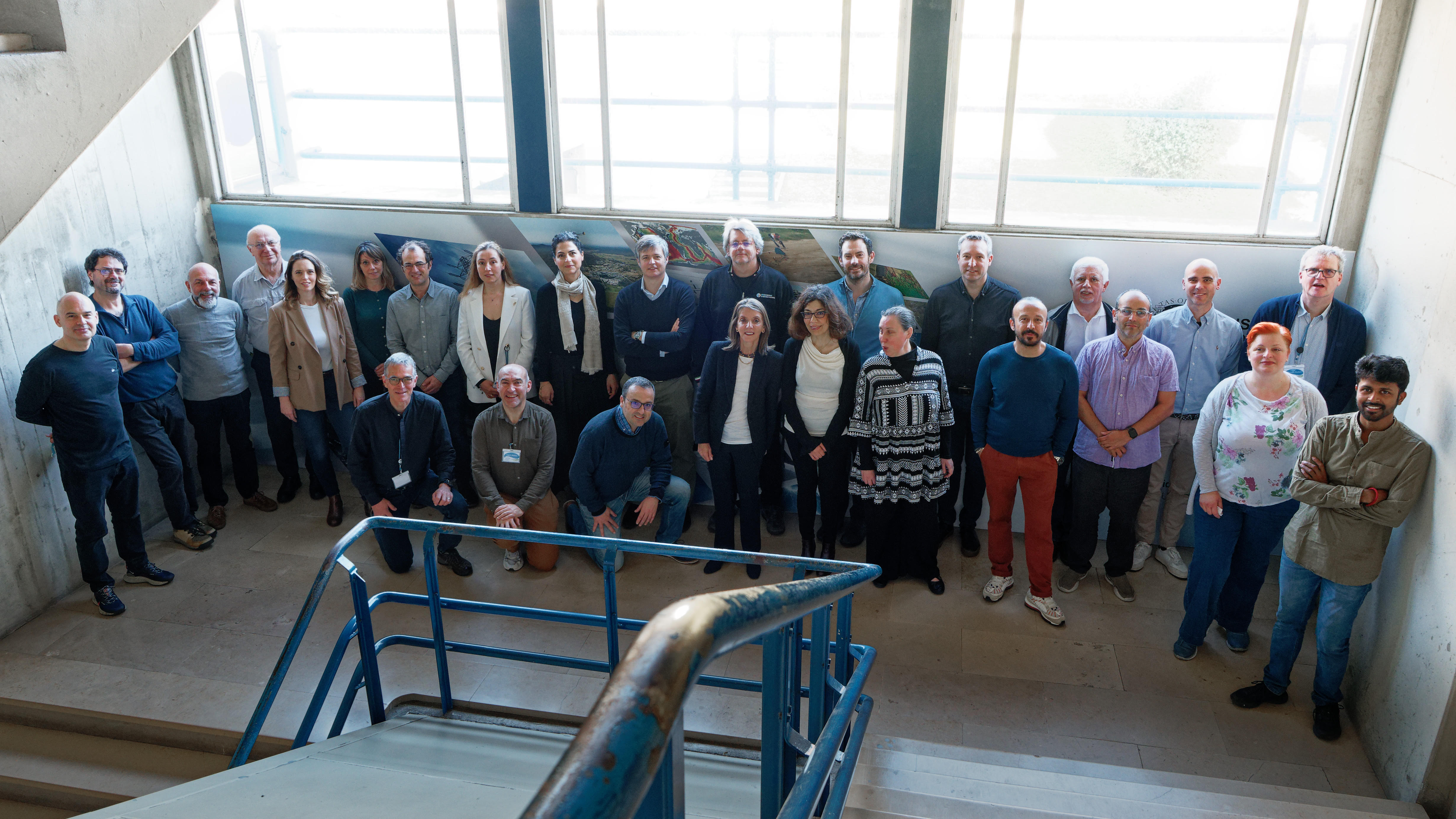
Lisbon, March 20, 2024 - A two-day workshop held in Lisbon this week marks a significant step towards the formalisation of the Global Tsunami Model (GTM) initiative. Funded by a COST Innovators Grant, the GTM is transitioning from a self-convened group of scientists to a fully independent entity.
Comprising a consortium of tsunami scientists from various global affiliations, the workshop hosted at the Faculty of Sciences, University of Lisbon, also gathered potential partners including the World Bank GFDRR, Munich Re, and the Global Earthquake Model (GEM) Foundation. Discussions focused on GTM's future governance structure, products, and services.
Helen Crowley, GEM Secretary General was invited to share insights into the governance structure and funding mechanisms employed by GEM as well GEM's history, current status, and potential synergies with GTM. She highlighted the mutual benefits of collaboration, underscoring the shared interest in global tsunami hazard and risk modelling.
Synergy with the GEM Foundation
In addition to the products and services that the participants expect from an established GTM, such as global tsunami hazard and risk maps, profiles, and open-source software, collaboration could also extend to developing combined models that assess the impact of earthquake ground shaking and tsunami hazards simultaneously. Joint training programs and advocacy efforts promoting Early Warning Systems for both earthquakes and tsunamis were also identified as potential areas of collaboration.
Avoiding Duplication of Efforts
The workshop emphasised the importance of avoiding duplication of efforts with existing initiatives like GEM. Helen shared areas where collaboration could streamline development:
Utilising GEM's ongoing work on a global stochastic event set (a collection of potential earthquake scenarios) and tailoring it to GTM's specific needs.
Collaborating on improving the spatial resolution of global exposure models, ensuring they are suitable for tsunami risk assessment.
Exploring ways to leverage and build upon the functionalities of GEM's open-source software, the OpenQuake Engine (OQ Engine).
The GTM has been invited to share its progress in the next GEM Governing Board meeting in June and to make use of GEM’s presence in the WCEE2024 and UR24 events as opportunities for further networking with potential stakeholders.
The Lisbon workshop signifies a crucial step towards a more robust and independent GTM. Collaboration with established initiatives like GEM holds the potential to significantly enhance the impact of both programs, ultimately leading to a better understanding and preparedness for earthquakes and tsunamis around the world.
No images found.
GALLERY




VIDEO

RELATED CONTENTS







